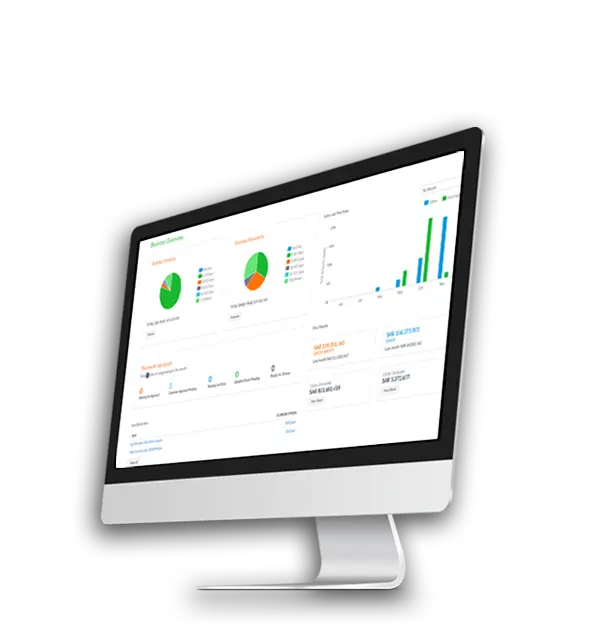

Artificial intelligence (AI) has the potential to transform the way accounting software works by automating repetitive tasks, improving accuracy, and providing valuable insights. Here are some of the ways AI is being used in accounting software:
Automating data entry: AI-powered accounting software can scan and extract data from documents such as invoices and receipts, eliminating the need for manual data entry.
Streamlining reconciliation: AI can match transactions automatically and flag any discrepancies, reducing the time and effort required for manual reconciliation.
Fraud detection: AI can analyze patterns and anomalies in financial transactions and flag any suspicious activities, helping to prevent fraud.
Predictive analytics: AI can analyze past financial data and use it to predict future trends and patterns, providing valuable insights for decision-making.
Natural language processing: AI can interpret and understand natural language queries, making it easier for non-accountants to access financial data and insights.
Financial planning and forecasting: AI can use historical data to generate accurate forecasts and help businesses plan for the future.
Overall, AI-powered accounting software can improve efficiency, accuracy, and decision-making, freeing up accountants to focus on more strategic tasks. However, it's important to note that AI should be seen as a tool to augment and enhance human expertise rather than a replacement for human accountants.AI-powered accounting software can use optical character recognition (OCR) technology to scan and extract data from invoices and receipts, such as vendor names, dates, amounts, and item descriptions. This eliminates the need for manual data entry, which can be time-consuming and error-prone. With AI-powered data entry, accountants can save time and focus on more strategic tasks, while also reducing the risk of errors and improving data accuracy.AI can analyze historical financial data and use it to generate accurate forecasts for the future. This can include forecasting revenue, expenses, cash flow, and other financial metrics. By using AI for financial planning and forecasting, businesses can make more informed decisions about budgeting, investment, and strategic planning. AI-powered forecasting can also help businesses identify potential risks and opportunities, and adjust their plans accordingly. Overall, AI can help businesses make more accurate and data-driven decisions, improving their financial performance and competitiveness.
Predictive analytics is a powerful application of AI in accounting software. By analyzing past financial data, AI algorithms can identify patterns and trends, and use them to make predictions about future outcomes. For example, AI can predict future sales revenue, identify potential risks to cash flow, or forecast customer demand for a particular product. By providing insights into future trends and patterns, AI-powered predictive analytics can help businesses make more informed decisions and take proactive steps to mitigate risks or capitalize on opportunities.
Yes, that's correct! Reconciliation is the process of matching and verifying financial transactions between different sources, such as bank statements and accounting records. This can be a time-consuming and error-prone process when done manually. AI-powered accounting software can automate reconciliation by matching transactions automatically and flagging any discrepancies or errors. For example, AI can match invoice payments with corresponding bank transactions, or reconcile inventory records with sales data. By automating this process, AI can save time and effort for accountants and reduce the risk of errors or discrepancies. This can help businesses ensure the accuracy of their financial records and improve their overall financial management.AI-powered accounting software can help businesses ensure the accuracy of their financial records by reducing the risk of errors or discrepancies. By automating tasks such as data entry, reconciliation, and fraud detection, AI can save time and effort for accountants, allowing them to focus on more strategic tasks. This can improve the overall efficiency of the accounting process and reduce the risk of human errors. Furthermore, by providing valuable insights into financial data and trends, AI can help businesses make more informed decisions about their finances, improving their overall financial management. Overall, AI has the potential to transform the way businesses manage their finances and improve their financial performance.